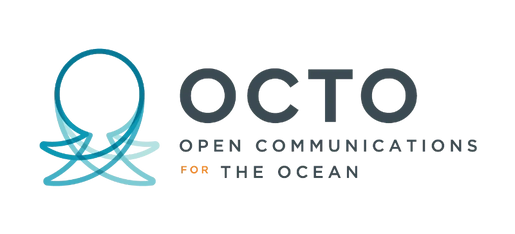CAROLINE HALDIN
Caroline Haldin is a contemporary visual artist based in Finland.
A dedicated fine arts student at the Turku Academy of Fine Arts, she explores an expressive and thoughtful approach to painting.
Her work is grounded in emotion and intuition, often drawing inspiration from her environment and personal experiences. Among her work are many evocative seascapes and figures that reflect environmental consciousness. For Caroline, the sea is more than a subject — it’s a source of calm, and a reminder of nature’s fragility.
Check out more of Caroline's incredible paintings and illustrations:
🌐 https://carolinehaldin.wixsite.com
📸 Instagram: @carolinehaldinart
Unless stated otherwise, all artwork and photos in this article: © Caroline Haldin
How does the ocean inspire you art?
For me, the ocean is a source of inspiration, tranquillity and innate power. Sometimes, the inspiration will be quite literal, and at other times, I keep the feeling of the ocean close to heart when I paint.
Do you have a personal or first experience with the ocean that shaped your art?
Growing up, I spent most of my summers by the sea, either in a boat or at a summer cottage. The ocean gives me instant peace of mind. I also remember watching nature documentaries about our oceans, fascinated by the hidden world beneath the surface.
Tell us about a particular piece of art you created that is inspired by the ocean
My piece “Striped swimsuit” depicts my daughter, about to swim in the ocean. I wanted to convey the feeling of the ocean breeze on your skin, quite warm in the summer, a fresh salty hint of seaweed and fish in your nostrils, as you climb into the water, letting it carry you, hoping a fish won’t nibble on your toes too much.
In your opinion, why is it important to protect marine spaces?
If we want to keep being able to experience the ocean, we need to take care of it and protect it. I am worried about the state of the Baltic Sea today, and the ecosystems within it. We need to respect the unique environments around us, and I hope enough pressure can be put on governments and the EU to make a change.
What can art bring to the conversation about marine protection?
In my opinion, art is a brilliant means of communication. A visual message can be very effective and evoke instant emotion in people, even encouraging action for a cause. Art can help communicate science in a way that is more approachable and more emotional than numbers and facts.
"For me, the ocean is a source of inspiration, tranquility and innate power. Sometimes, the inspiration will be quite literal, and at other times, I keep the feeling of the ocean close to heart when I paint."
Caroline Haldin


Join us for a special OCTO webinar celebrating MPA DAY
10 February 2026, 16:00 CET / 17:00 EET/SAST
